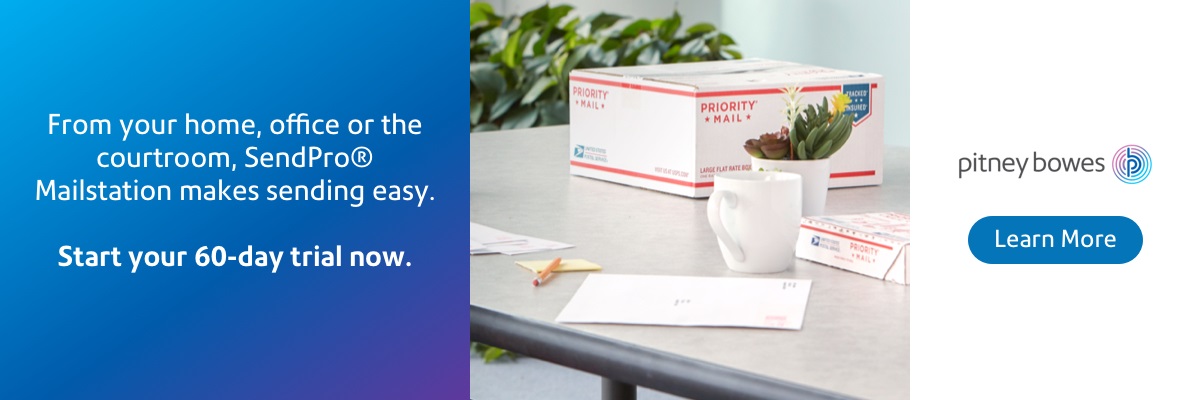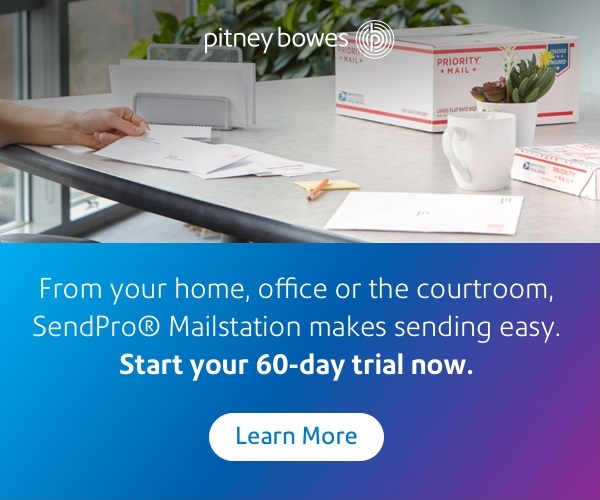Finding a new hire is complicated, so your law firm should follow best practices in order to hire the most qualified candidate in the most efficient manner possible. This will save you time and energy while ensuring that the future of your law firm is in good, capable hands.
When you’re looking for a new hire, here are some best practices for interviewing to follow throughout the process.
1. PLAN QUESTIONS AHEAD OF TIME
Preparing for an interview with a candidate means reviewing their résumé and planning out the questions ahead of time. According to Sharon Meit Abrahams, PhD, President of Legal Talent Advisors, LLC, you should never improvise during the interview.
“By planning the questions ahead of time, the interviewer can ask specific questions related to items on the résumé,” she says. “It is critical to delve into job responsibilities and outcomes of the work they have performed for previous employers. Using behavioral interviewing techniques has proven to be a good practice.”
While it may seem like a logical idea to go off a candidate’s feedback and ask questions based on what they say, it can lead to unequal interviews, cautions Ken Eulo, Founding Partner at Smith & Eulo Law Firm. “All candidates should have the same interview questions, and only those questions, to ensure that they can be fairly evaluated and compared.”
2. DO A PRE-INTERVIEW
Before inviting a candidate into the office, it’s best to ask a few questions over the phone to see if they’re what you’re looking for. Brent Morgan, an attorney at The Morgan Law Office, says he asks candidates what their salary expectations are, what hours they expect to work and, if they’re not local, whether they have any concerns about commuting. “If nothing troubling comes up, I’ll interview them.”
3. USE A LATERAL PARTNER QUESTIONNAIRE
If you’re recruiting a lateral partner, you should send them a Lateral Partner Questionnaire (LPQ) to fill out, according to Michael Ellenhorn, Founder and Chief Executive Office of Decipher. “Every prospective partner hire puts the firm’s reputation and culture on the line. By taking a closer look at a candidate’s background before beginning the firm’s formal interview process, law firms will put themselves in a much stronger position to avoid what can be catastrophic hiring decisions.”
A detailed questionnaire will often include more than 50 questions and seek information like a candidate’s biographical data, business/financial data, client data, potential conflicts, and professional and personal references. “However, it is the final section, often titled ‘other information,’ where questions regarding malpractice claims, lawsuits, outside interests and other claims may appear,” says Ellenhorn. “It is this section that represents the greatest risk to a law firm, as most of these questions pertain not only to legal risk but potential reputational and operational risk for the firm.”By giving the candidate the LPQ and reviewing it before the interview, you can rest assured that they won’t cause any issues for your firm when you hire them.
4. ASK THE STANDARD QUESTIONS
Some standard questions can’t be avoided in a law firm interview. According to Morgan, it’s best to ask questions like: “Why do you want to work in a law firm?” “What did you do in your prior jobs that could apply to this position?” “Where do you see yourself in five years?” and “Can you give me a difficult task you had at a previous job and how you dealt with it?”


